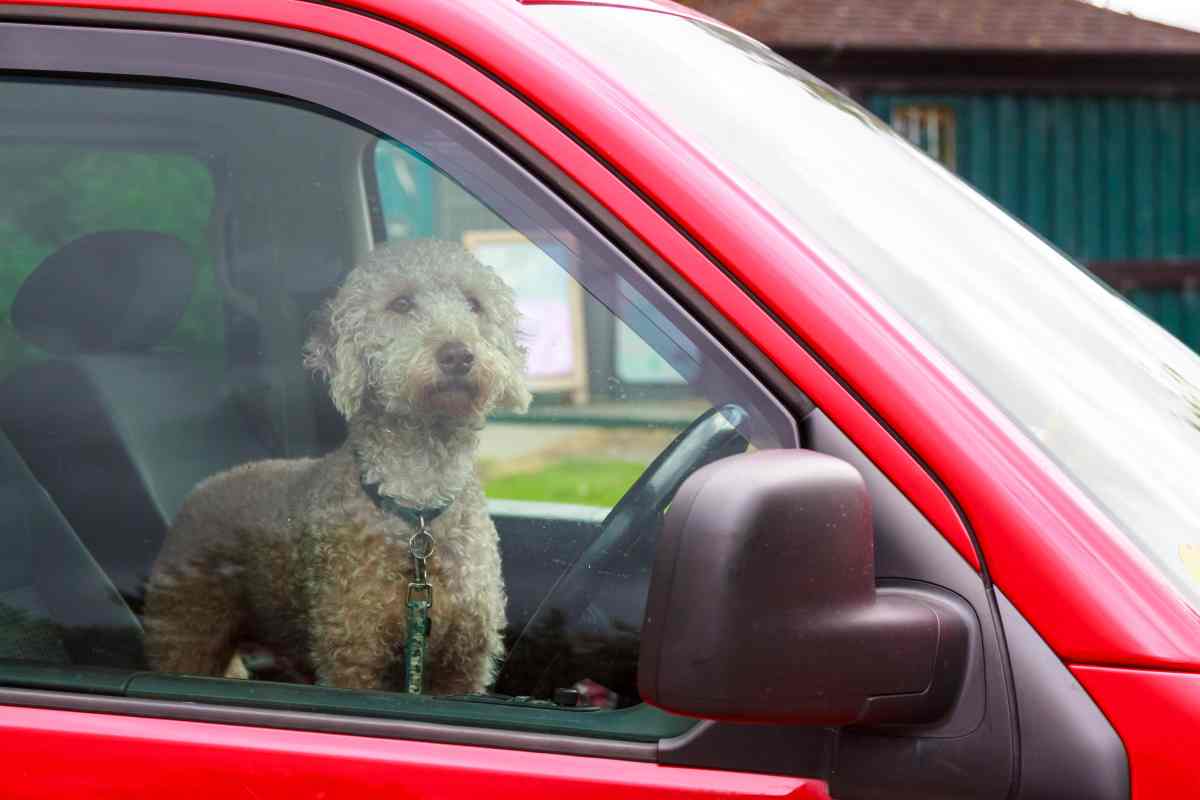Every summer we hear too many sad stories about animals dying when left alone in a hot vehicle. Many times, people are simply unaware that the temperature inside a parked car — even with the windows open — can reach 100-plus degrees in minutes.
“If temperatures are 70 and above, just leave your pets home where it is cool and safe,” says Maria Mora, executive director of the Nassau County SPCA. “At 70 degrees a vehicle’s temperature can reach 100-plus degrees very quickly, making it a deadly environment for any animal. Leaving animals in vehicles during extreme heat or cold is considered animal abuse and is punishable by law.”
If you saw an animal in distress, would you know what to do?
The first step is to make every reasonable effort to locate the owner of the vehicle. For example, if the vehicle is parked in a shopping center, write down the license plate number and ask store employees to make an announcement to help find the owner. If possible, have someone stay by the animal while you seek assistance.
If you can’t locate the owner, call the police. Often people think they are “not allowed” to dial 911 when they see an animal in distress. This is not the case! In fact, in New York State, only police, peace officers or peace officers acting as agents of a humane society may take necessary steps to remove an animal from a vehicle. Make the call and stay with the animal until police arrive.
If you notice symptoms such as restlessness, thick saliva, heavy panting, vomiting, etc., the animal is likely in imminent danger and you will need to make a judgment call. While New York State has proposed “hot car” laws which would protect “any person” from civil and criminal liability if they break a window to rescue an animal, there are currently no protections for those who take matters into their own hands.
Rescue groups and organizations suggest finding a witness or witnesses who will agree with your decision to remove the animal, and then take the necessary steps to do so. Assist the animal as needed by providing water and air conditioning if possible. Be sure to wait for police to arrive to give your statement and to further assist if necessary.
Remember that if an animal is left in a vehicle, extreme temperatures can cause brain damage, heatstroke, suffocation, or death. Acting responsibly is our best defense against those who put animals in danger.





























